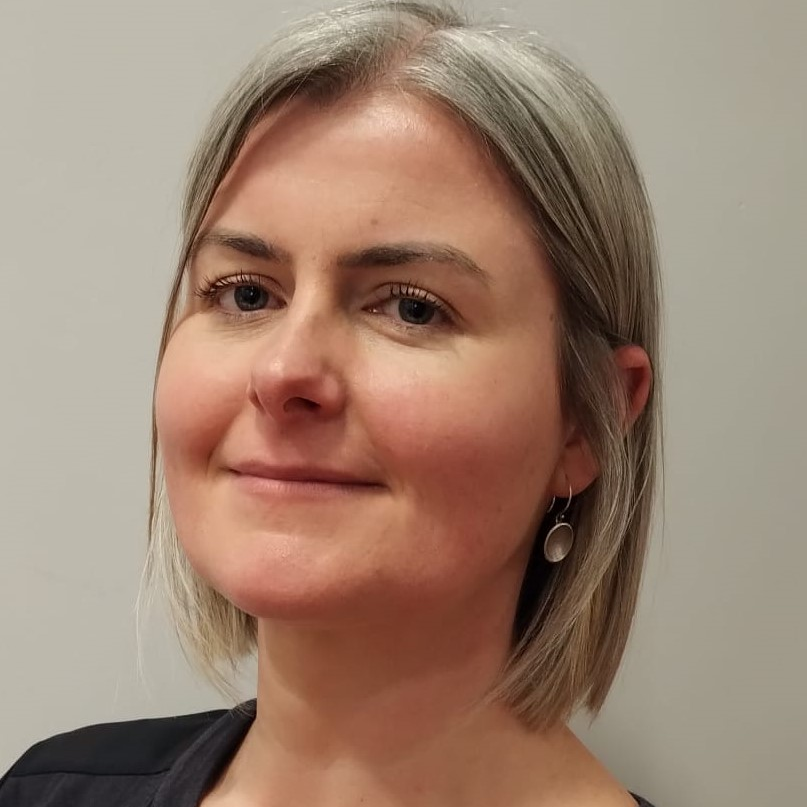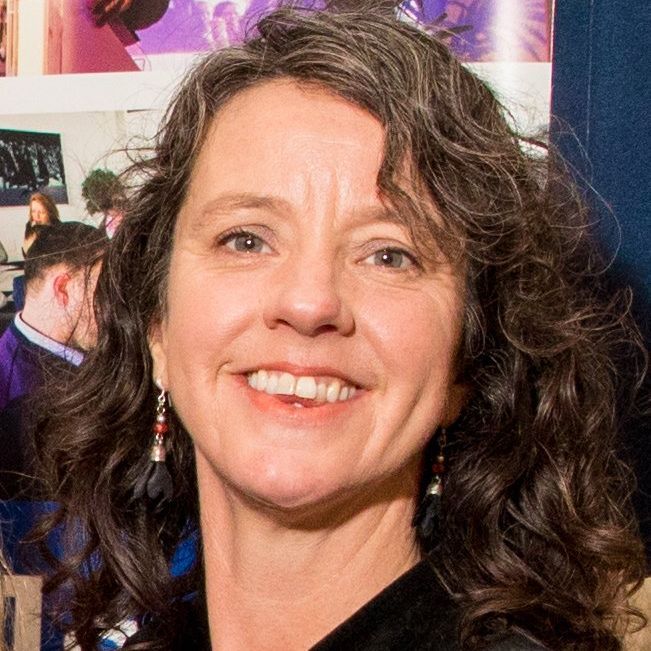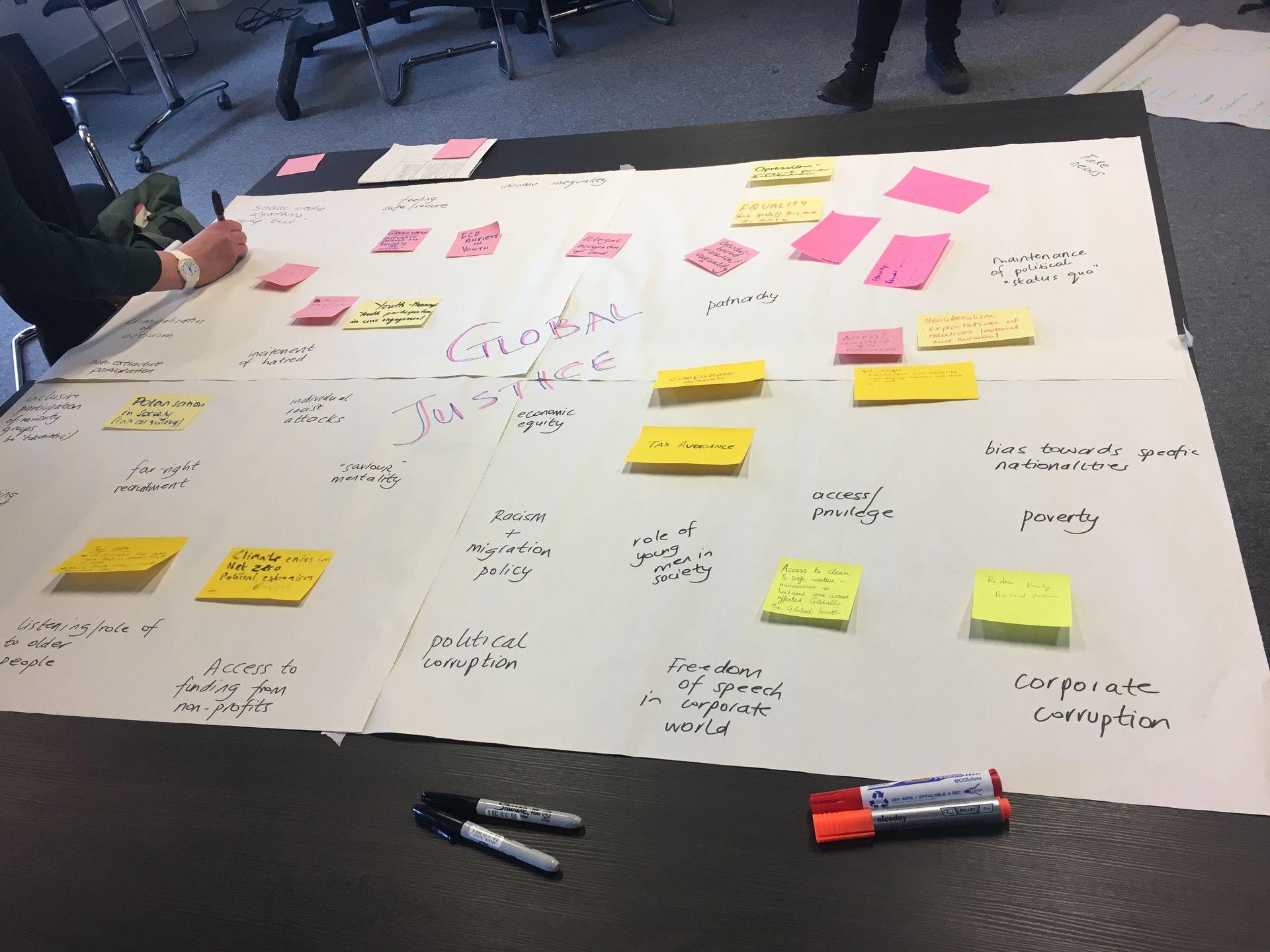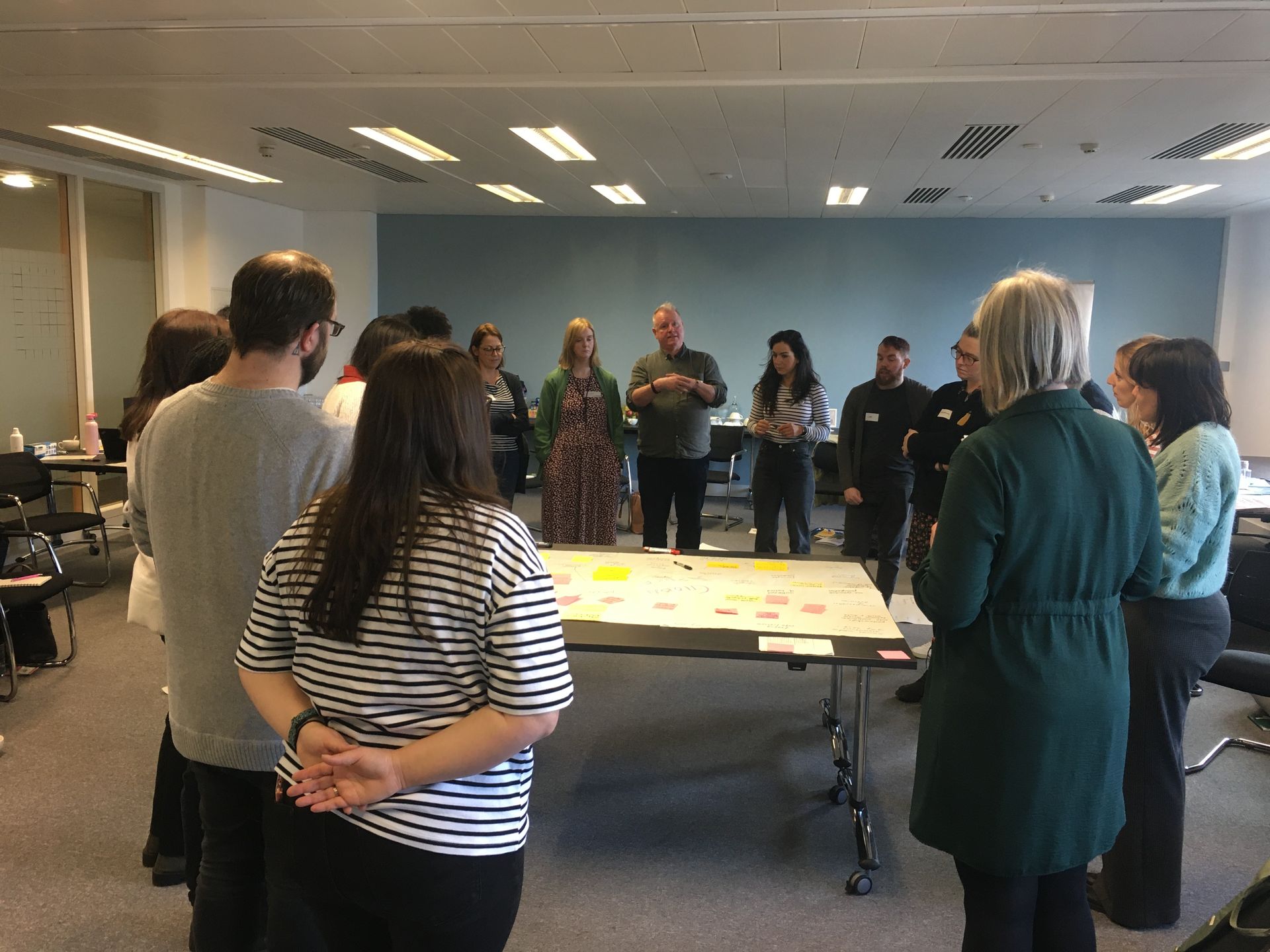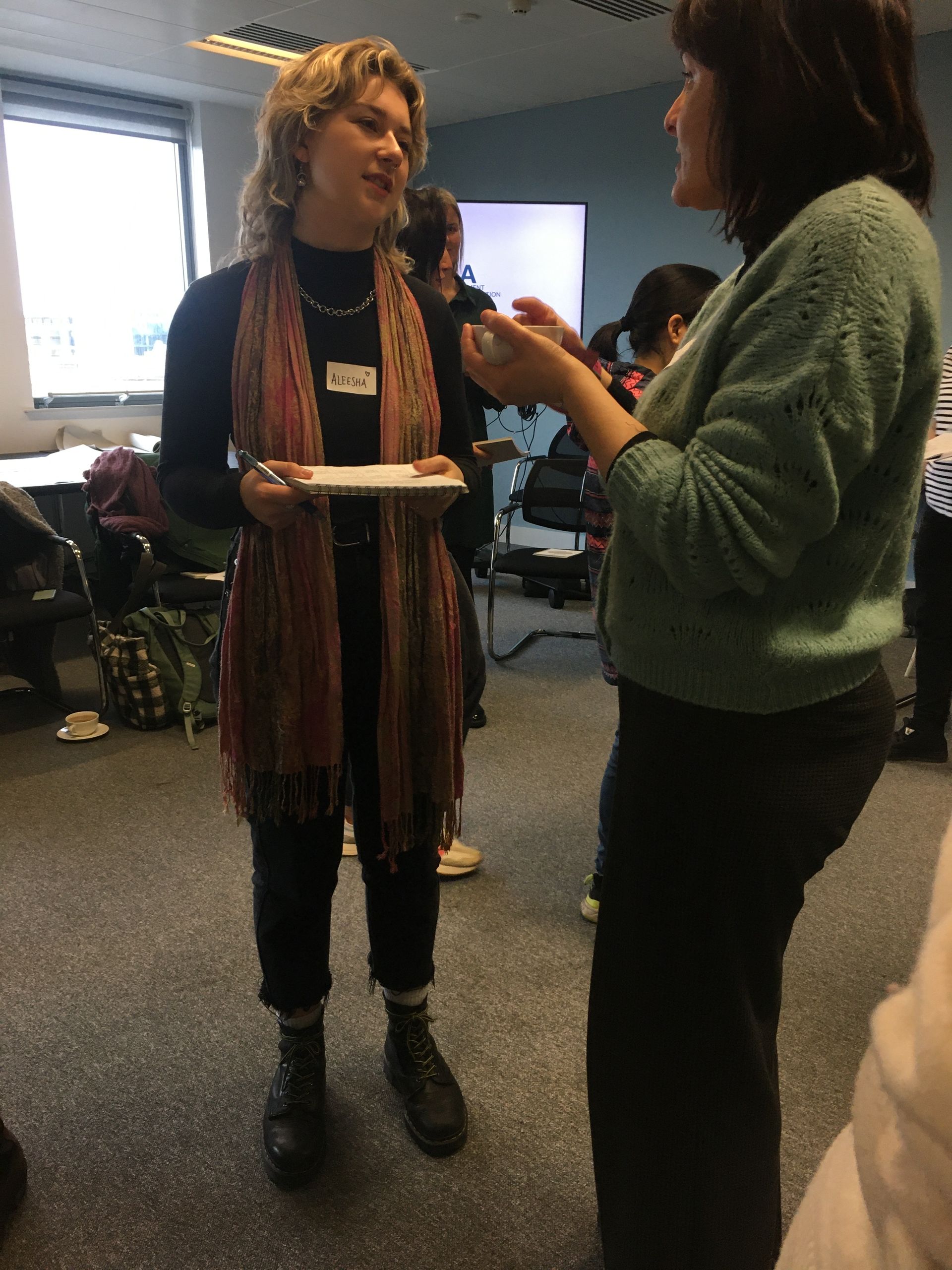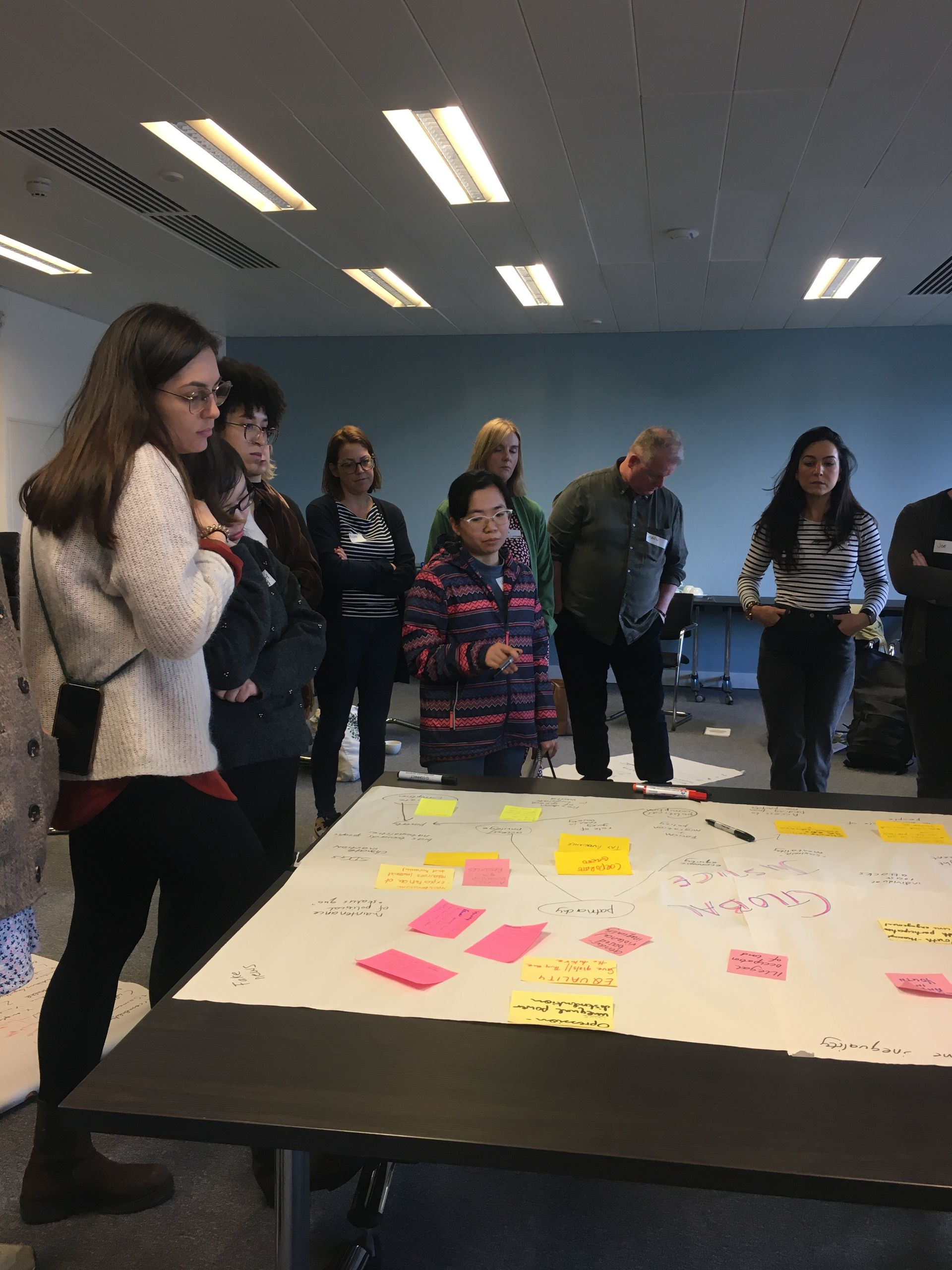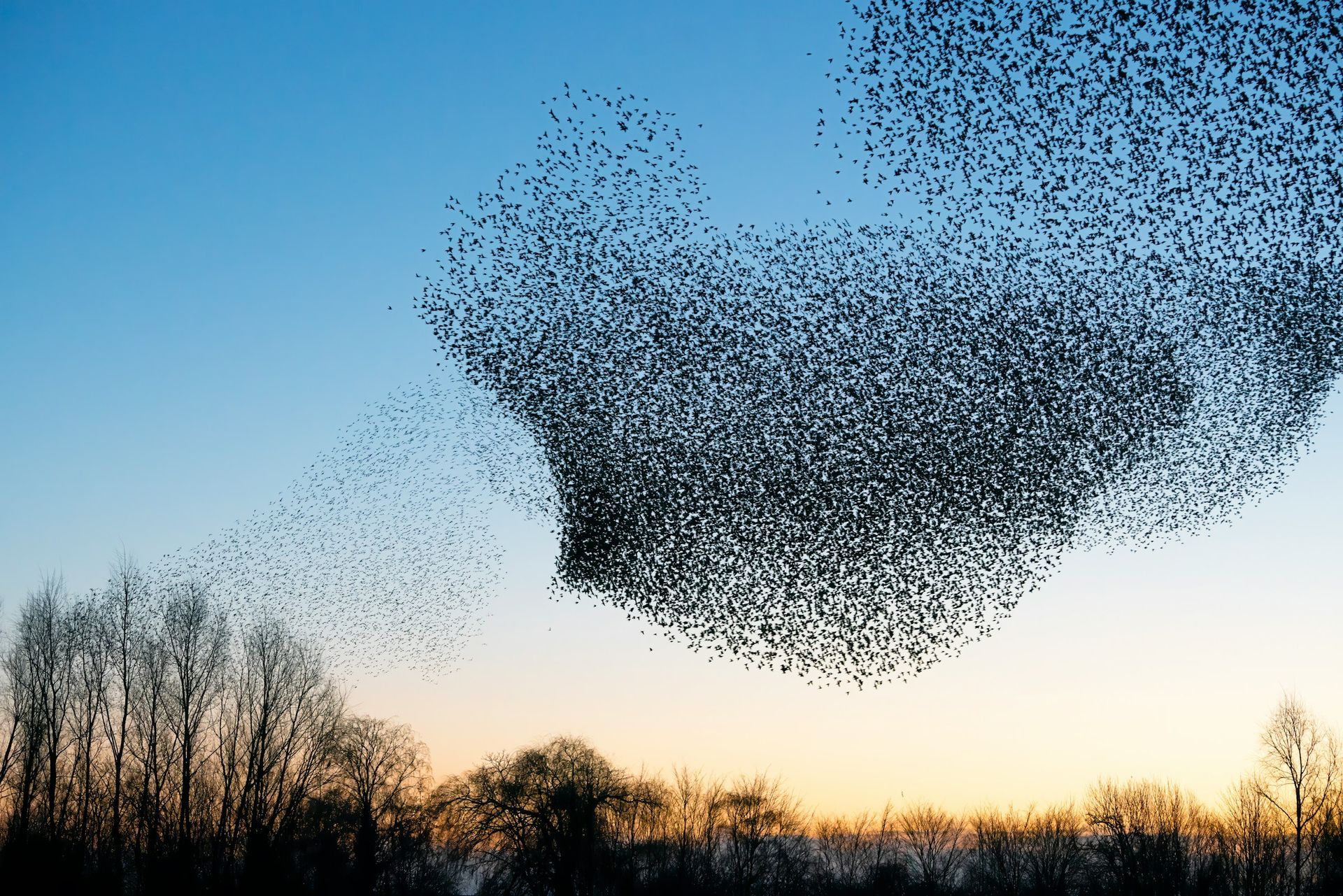Dean Oke is an experienced youth worker, working with young people through education, creativity, and social impact in Ireland and abroad. Dean is also a spoken word artist, using poetry to address social issues, sparking conversation and change through creative expression. Dean uses social media as a platform to empower people young and old and make sure they heard and valued.
The ABC of Global Citizenship Education 2025
Date:
Wednesday 17 September, 10.00 am - 4.00 pm
Wednesday 1 October, 2.00 pm - 4.00 pm
Wednesday
8 October,10.00 am - 4.00 pm
Location:
Session 1: Brandsma Hall, Carmelite Community Centre ,56 Aungier St, Dublin 2, D02 T258
Session 2: Online via Zoom
Session 3: Brandsma Hall, Carmelite Community Centre,
56 Aungier St, Dublin 2, D02 T258
IDEA developed a training called the ‘ABC of Global Citizenship Education’ in collaboration with Concern Worldwide’s Global Citizenship team aimed at supporting newcomers to GCE to deepen their understanding and develop their skills in Global Citizenship Education delivery.
Global Citizenship Education enables people to understand the world around them and to act to transform it. It works to tackle the root causes of injustice and inequality, globally and locally to create a more just and sustainable future for everyone. IDEA members use a variety of terms including Global Citizenship Education, Development Education, Education for Sustainable Development, Global Youth Work and related terms.
The training is targeted at newcomers to Global Citizenship Education but is open to all. It will also be useful to anyone who wishes to brush up on their Global Citizenship Education skills. It runs in three parts, through a mixture of online and in person sessions.
The training will:
- Support educators to bring a global justice perspective to your educational work
- Explore interactive and participatory approaches to Global Citizenship Education
- Provide information on relevant resources and supports for your Global Citizenship Education work
- Introduce you to the Code of Good Practice for Development Education
- Increase understanding of the context of Global Citizenship Education in Ireland, including relevant stakeholders.
In previous years we have been joined by guest speakers – in 2023 we were joined by Dr Aoife Titley, Maynooth University, and in 2024 by the Hope & Courage Collective. In 2025, youth worker and spoken word artist Dean Oke will join us as a guest speaker for Session 2 (Wednesday 1 October) where he will share his journey into Global youth work and his approaching to exploring global justice issues with young people.
This training course was designed and delivered for the first time in 2023 and then run again in 2024.
Fees for members of IDEA is €50.00 and non-members of IDEA is €100.00. Fee for unwaged (refugees, asylum seekers, students, others) is €3.00 - this can be paid in person.
Registration is closed for 2025 edition of this course. If you would like to enquire about future editions, please contact events@ideaonline.ie.
Biographies
Images from our 2024 training

